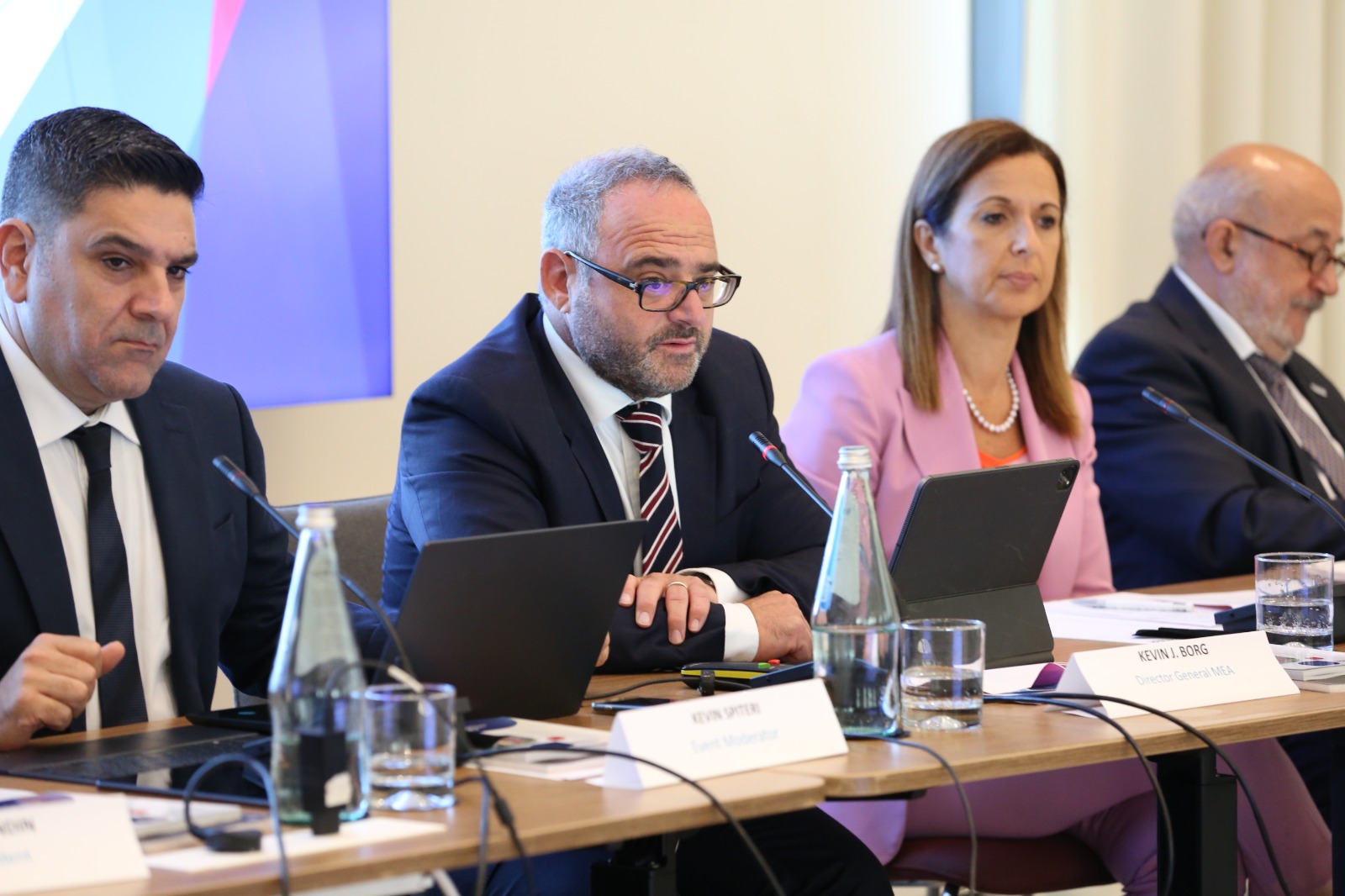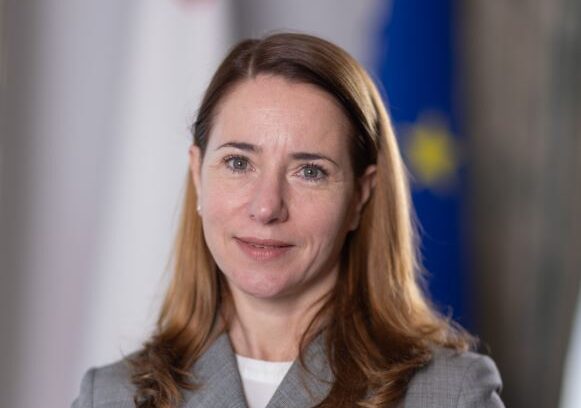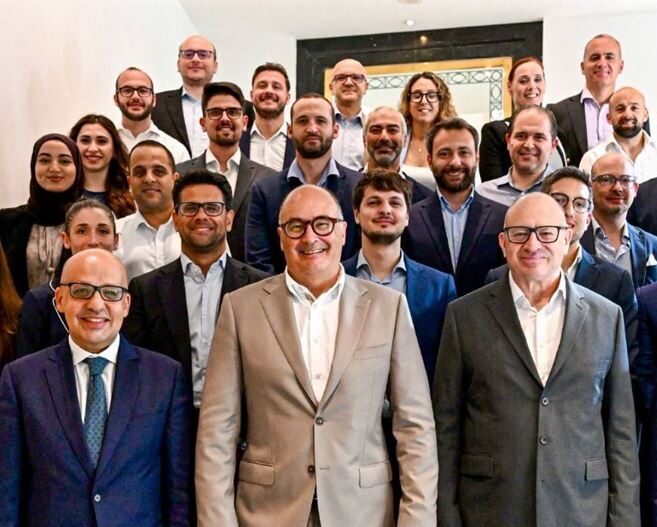The Malta Employers Association (MEA) recently convened a National Round Table Forum, focusing on adapting the labour market to an ageing population.
The MEA highlighted that extending work beyond retirement age on a voluntary basis presents opportunities in today’s tight labour market. Moreover, it offers a strategic advantage for Malta’s socio-economic development by leveraging the wealth of experience and skills accumulated by older workers.
Stakeholders from both the public and private sectors recognised the potential of an ageing workforce as an opportunity to build a more resilient and inclusive labour market that benefits individuals, employers, and society at large.
These key messages emerged from the forum held in the lead-up to SME Week.
Joanne Bondin, President of the MEA, called on stakeholders to rethink the role of silver employment in Malta’s future. “Promoting silver employment is not just a necessity but a strategic advantage. Senior workers offer a different set of skills, mentorship, and institutional memory, while reducing the dependency on foreign labour. The ageing workforce is not a challenge to overcome but an opportunity to embrace, building a stronger and more resilient labour market,” she argued.
Kevin J. Borg, Director General of the MEA, shared several proposals aimed at incentivising work beyond retirement age on a voluntary basis. These proposals include flexible work options, such as part-time roles, job sharing, and telecommuting. He also emphasised the need to discourage early retirement, address fiscal anomalies to make work pay for older workers, promote lifelong learning, recognise informal and non-formal learning, and implement workplace adaptations to better suit an ageing workforce.
Various speakers at the forum highlighted the necessity of adapting to significant shifts in required skills within the labour market. They emphasised that both employers and employees must be proactive to remain competitive and foster sustainable economic growth, particularly through lifelong learning. A cultural shift regarding ageing in the workforce was called for, focusing on lifelong learning and promoting a proactive health mindset from an early stage to ensure long-term productivity. Support for business owners wishing to remain active is critical, necessitating policies that accommodate a multi-generational workforce.
Concluding the National Round Table Forum, MEA Consultant Joseph Farrugia called for a cultural shift that encourages individuals to remain in the workforce. “This necessitates a variety of initiatives, including an intergenerational approach that considers the rights and perspectives of different age groups, as well as promoting work as integral to personal well-being. We must also provide career guidance to support workers who wish to remain active, even if their current jobs are not conducive for older workers,” he stated.
The discussions and insights shared at the National Round Table Forum will contribute to a publication that the Malta Employers Association will be releasing in the coming months. This event was hosted in collaboration with the Ministry for the Economy, Enterprise and Strategic Projects, with support from the National Statistics Office (NSO), Active Ageing & Community Care, the Family Business Office, the National Skills Council, JobsPlus, and Identità.
Alison Micallef appointed CEO at Malta Development Bank
She steps into the new role effective immediately.
Impact beyond profit: CSR in Malta is a must in 2025
Nowadays, corporate social responsibility can no longer take a backseat in your business's vision.
Malta’s private equity sector urged to seize opportunities at high-level CEO seminar
Panellists highlighted Malta’s potential as a destination for private capital, citing its English-speaking workforce, regulatory accessibility, and strategic location.
Ronald Attard takes on expanded role as Managing Partner for Risk Management at EY Europe Central
He has built experience in management accounting, corporate finance, and mergers and acquisitions.









